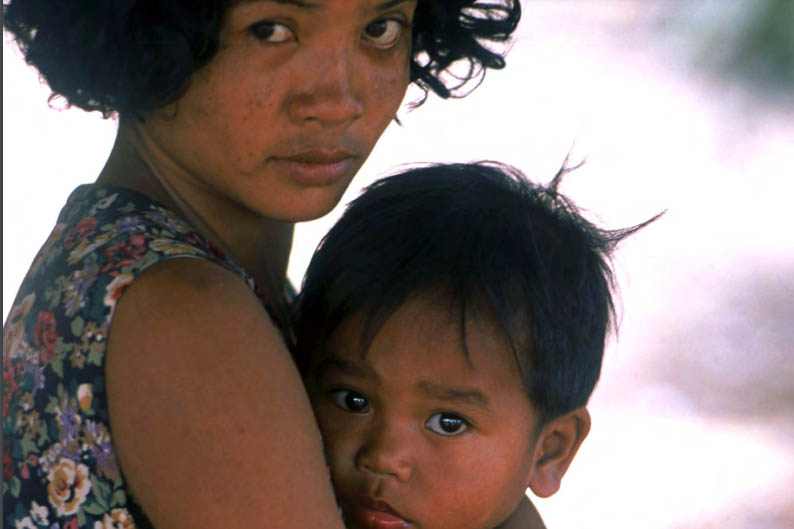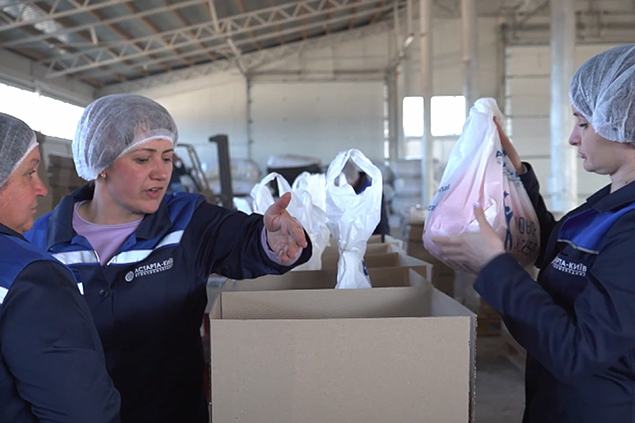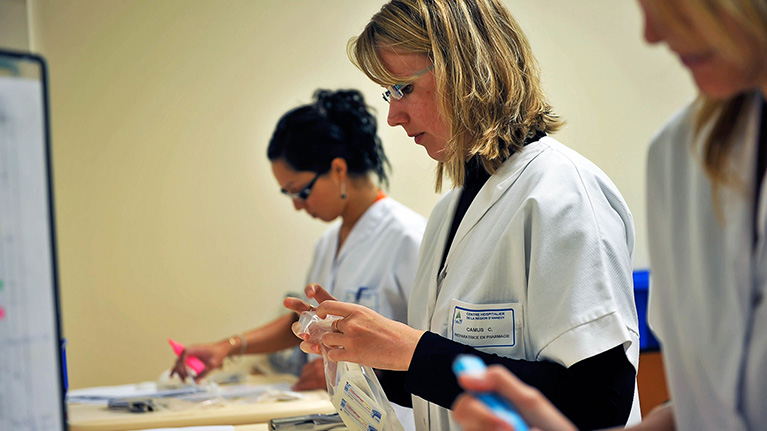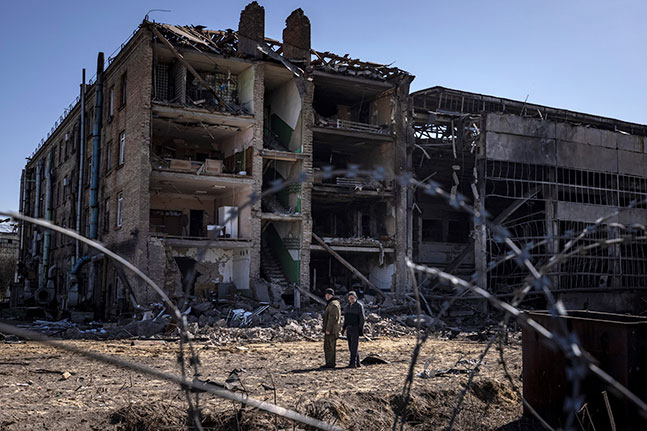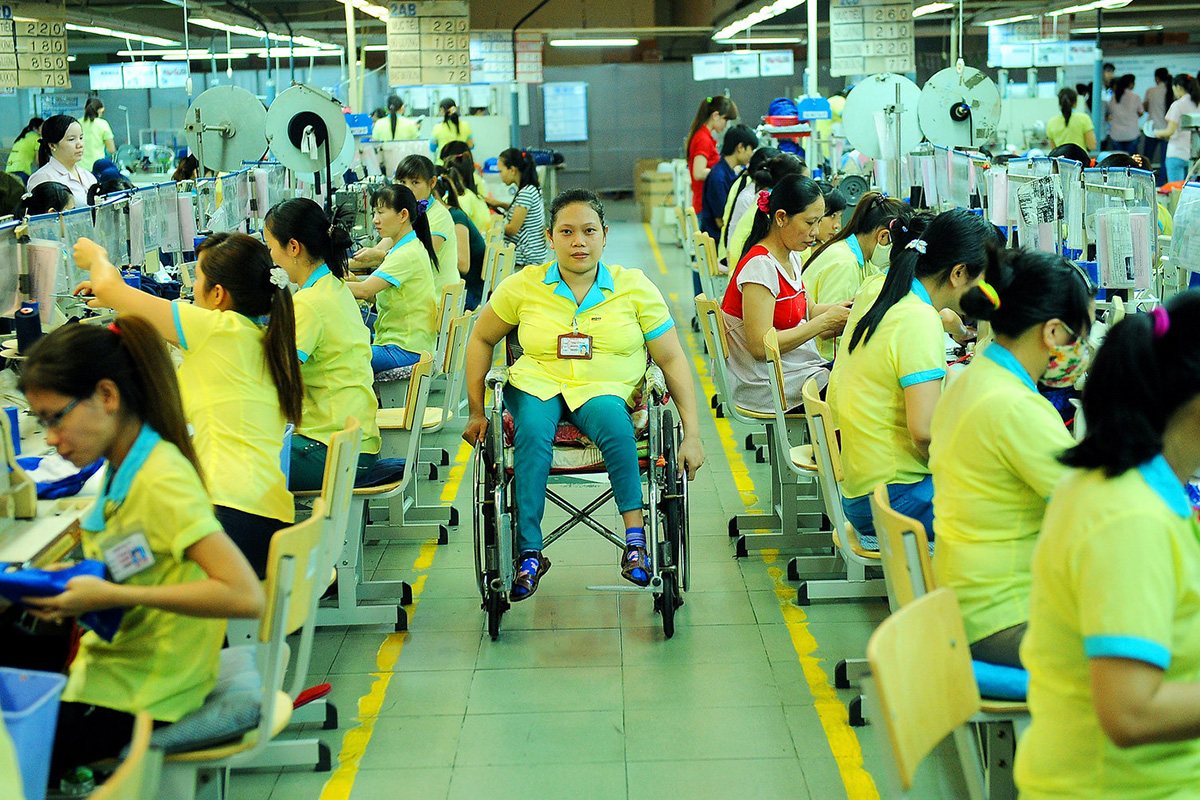More than 40.3 million people are still in modern slavery, including 24.9 million in forced labour. It means 5.4 victims of modern slavery for every 1,000 people in the world. 1 in 4 victims of modern slavery are children.
That social injustice is at the heart of Wagner Moura’s commitment and activism to put an end to forced labour and child labour. The award-winning actor and ILO Goodwill Ambassador (50 for Freedom campaign) grew up in a very poor area in the northeast of Brazil. He saw first-hand the negative impacts of forced labour on a family, a community, a country.
“I think that education is the foundation for any sort of social change in the world,” Wagner Moura said.
Today he continues to put his time and energy to urge governments to enact and enforce legislation, protect their population, and end slavery in our lifetime.
Where does his passion for fighting slavery come from? Find out in this episode of ILO's The Future of Work Podcast.


